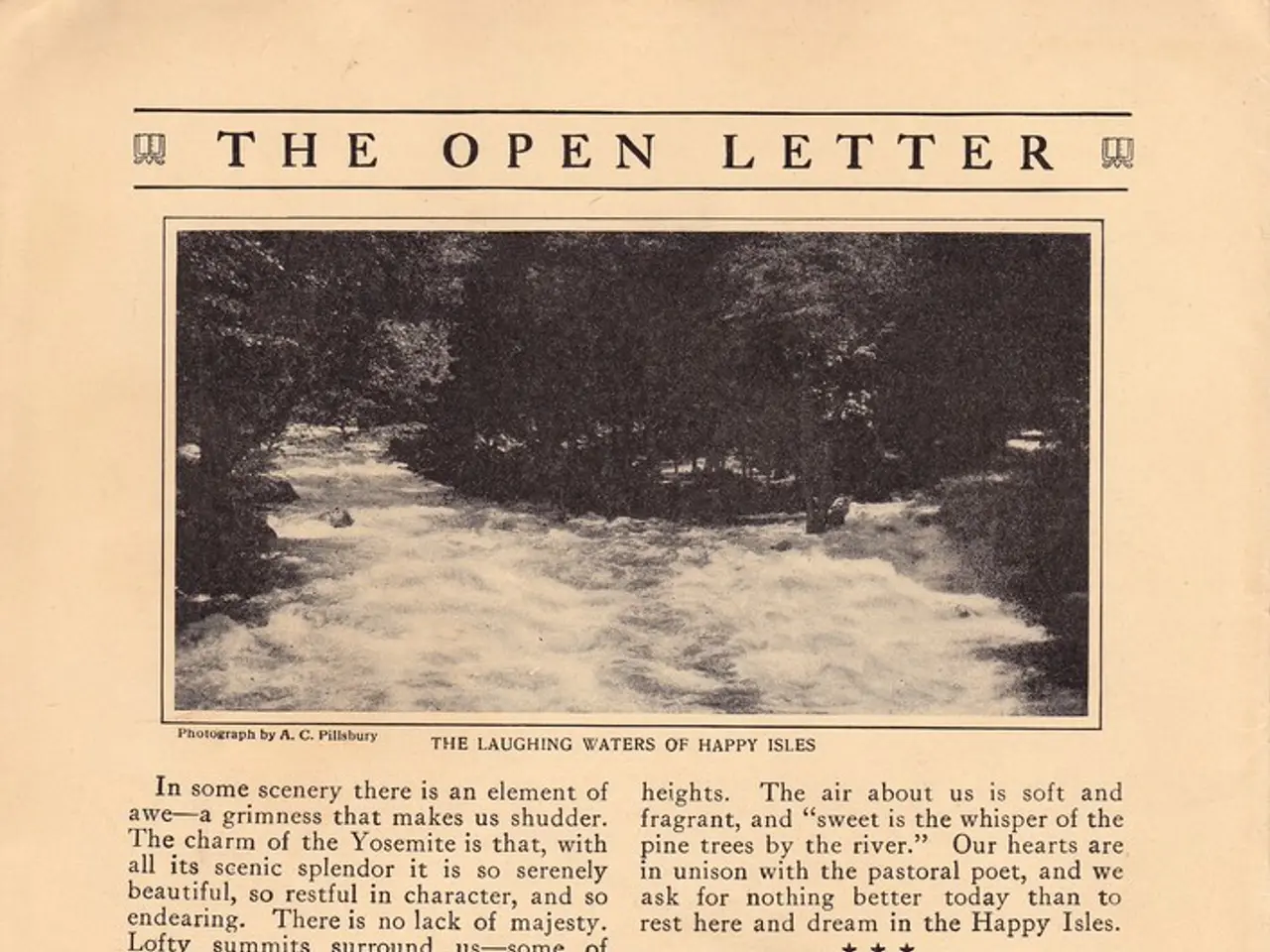Israelian Foreign Minister's Request to Macron: Relocate Palestine to France
In recent developments, international diplomatic tension regarding the creation of a Palestinian state has reached a new high. This escalation is evident in the actions and comments of Israeli officials and international responses, particularly in 2025.
At the heart of this tension lies the Israeli government's stance against the establishment of a Palestinian state. Led by Prime Minister Netanyahu and supported by ministers such as Defense Minister Israel Katz, the Israeli government is actively working to block the creation of a Palestinian state. This includes the approval of new settlements in the West Bank, with 22 new settlements recognized as a "strategic move" to prevent a Palestinian state [1][3].
This Israeli government position has resulted in growing international support for recognizing a Palestinian state becoming increasingly detached from demands for bilateral negotiations with Israel. Countries like France and Saudi Arabia have been key sponsors of diplomatic efforts towards Palestinian statehood, including a conference aimed at a two-state solution. However, Israel has rejected some diplomatic efforts, such as refusing a visit by Arab foreign ministers to PA President Mahmoud Abbas in Ramallah, increasing diplomatic friction [1][4].
In response, several Western countries, including the UK, Australia, Canada, New Zealand, and Norway, have imposed sanctions on Israeli ministers linked to settler violence to pressure Israel. The European Union is also considering further measures, including suspension or partial suspension of its Association Agreement with Israel due to breaches in human rights obligations [3].
The Abraham Accords, driven by former President Trump and supported by some Arab states, have further complicated the situation by normalizing relations with Israel without advancing Palestinian statehood. This has been widely criticized by Palestinian groups and progressive movements as undermining the Palestinian cause [2].
Meanwhile, the divide between France and the United States on the issue of Palestinian statehood appears to be deepening. French officials are attempting to avoid a direct clash with Washington over the matter. A U.S. diplomatic cable obtained by Reuters has discouraged countries from attending an upcoming U.N. conference on Palestinian statehood, warning that support for "anti-Israel actions" could carry diplomatic consequences and undermine efforts to end the war in Gaza and secure the release of Israeli hostages [5].
Amidst this political turmoil, the controversy over Palestinian statehood is intensifying political turmoil in Israel. A motion to dissolve the Knesset (Israel's parliament) was narrowly blocked, delaying elections that polls suggest Netanyahu would lose [6].
As the situation unfolds, Israeli Foreign Minister Gideon Saar has criticized French President Emmanuel Macron's push for Palestinian statehood, suggesting establishing a Palestinian state on the vast lands of France [7]. However, it's important to note that this statement was met with criticism and was not a formal proposal.
U.S. Ambassador to Israel Mike Huckabee has stated that without drastic cultural change, a Palestinian state is unlikely to be viable "in our lifetime" [8]. Despite this, the U.S. no longer fully supports the creation of a Palestinian state, according to Huckabee [9].
As the international community navigates this complex and sensitive issue, it remains to be seen how the situation will develop and whether a resolution can be found that is acceptable to all parties involved.
- The tension surrounding the creation of a Palestinian state has led to increased discussions in various fields, with science, history, and general-news outlets reporting on the ongoing diplomatic conflict.
- In the world of fashion, designers and activists have expressed their views on the matter, using their platforms to advocate for a peaceful solution and solidarity with the Palestinian people.
- The business sector has also been affected, as companies face pressure to withdraw investments from Israel or boycott Israeli products to demonstrate support for Palestinian statehood.
- Health organizations have increased their involvement, raising awareness about the impact of the conflict on the well-being of Palestinians and Israelis living in the affected regions.
- The entertainment industry has not been spared, with artists and filmmakers calling for equitable treatment and an end to the discrimination faced by Palestinians in the region, using their entertainment to highlight the plight of the Palestinian people in the news.








